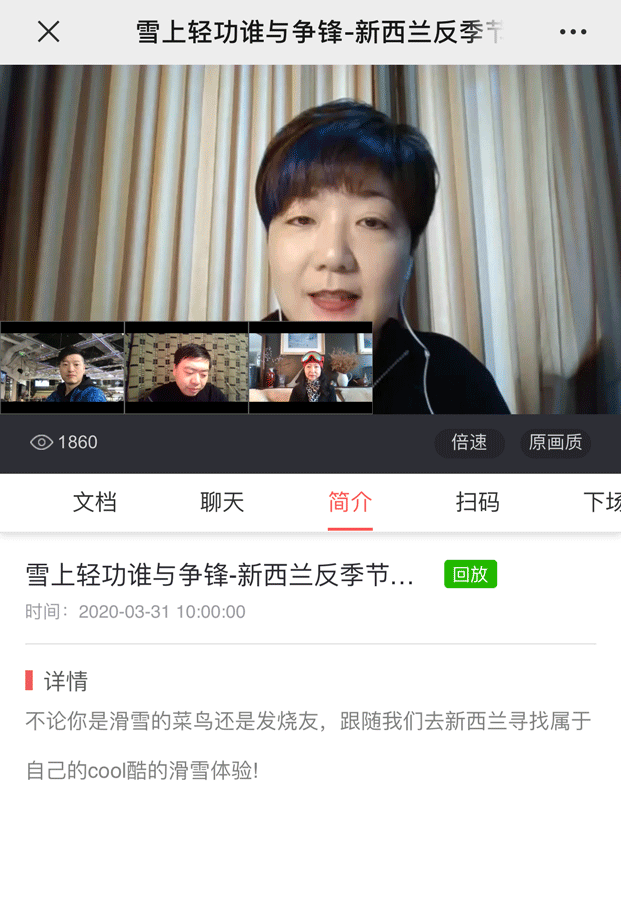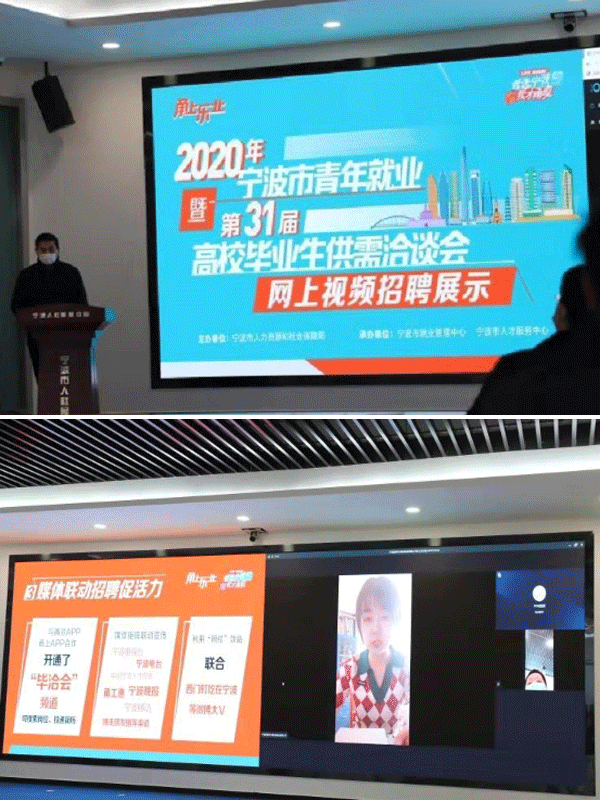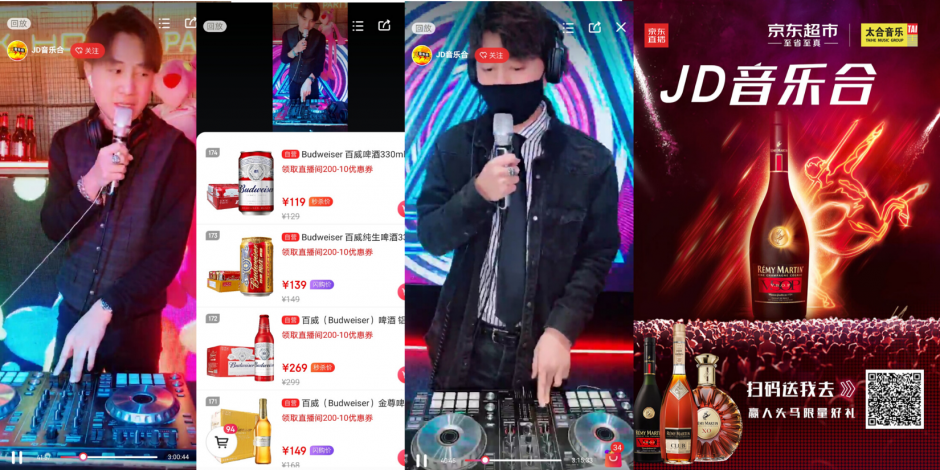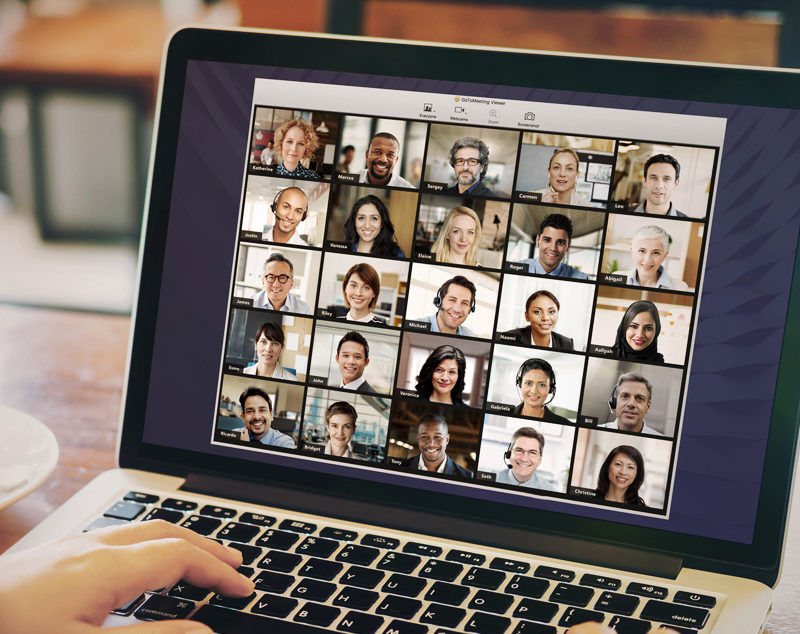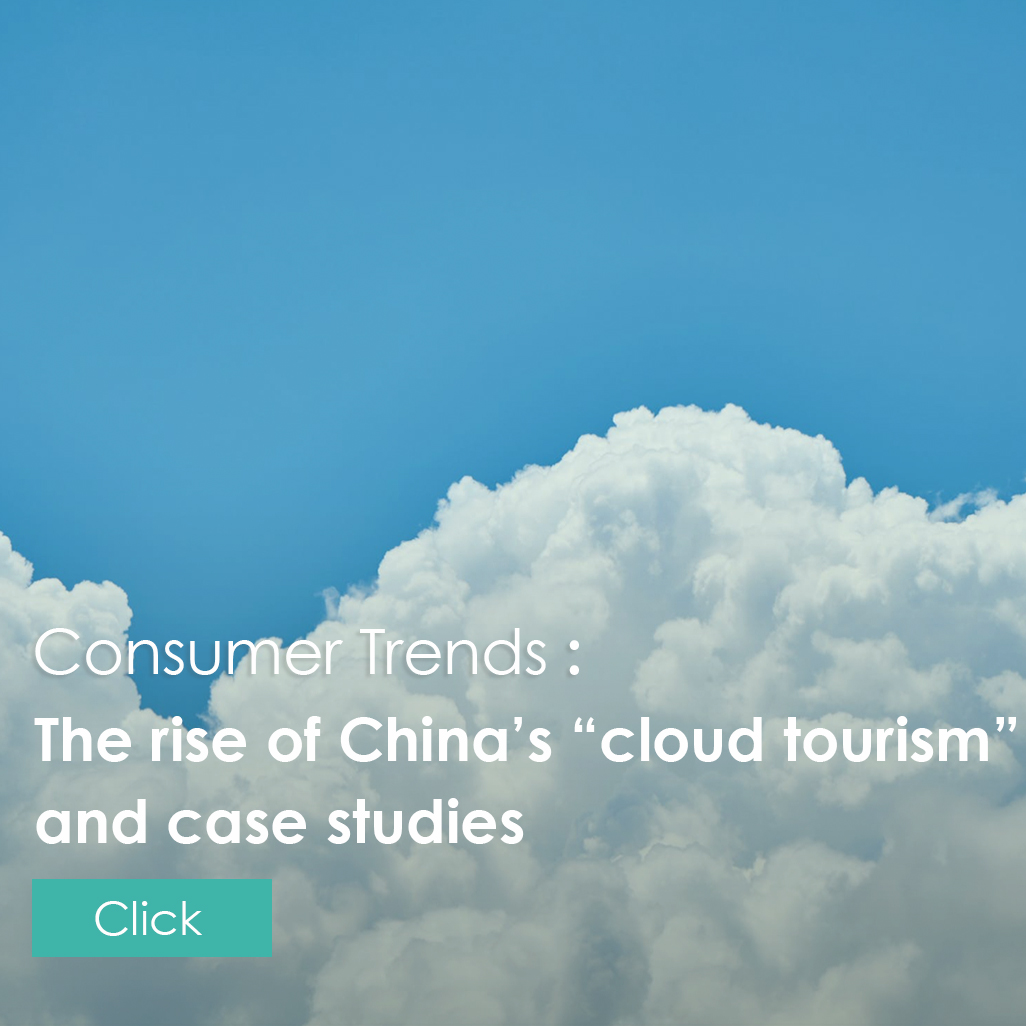This article was created by Becty Yan, who leads a team of creative talents that specialise in consumer engagements and performance marketing. You can contact Becty via email: becty@umssocial.com.
As the Covid-19 outbreak continues to force people into their homes across the globe, “working from home” (WFH) has become the new normal. WFH has completely changed the way brands communicate internally, and to their clients, presenting both challenges and opportunities when doing business.
When it comes to video conferencing, most brands are unprepared. However, as the Covid-19 situation has evolved, brands have had to quickly adapt and embrace video conferencing to engage their customers and audience, while innovatively elevating their business offerings. As the market gradually recovers in China, brands should prepare immediate and mid-long-term strategies to respond to the ever-changing environment. This article provides different business case studies which demonstrate how they have adopted online video communication to engage their audience. These will help you understand how your brand could better utilise video conferencing effectively and creatively to engage your audience.
The UMS engage team has prepared a handful video marketing solutions for different businesses, to find out more, contact me at becty@umssocial.com.
- Masterclasses for B2B business
B2B businesses are currently encountering extreme difficulties as traditional ways of doing business like agent trainings, coffee meet ups and signing deals have all been affected. To adapt in this ever-changing business environment over the next 6-12 months, B2B businesses must think of digital ways to engage with clients.
Tourism businesses are very dependent on trade relationships. Tourism New Zealand, the organisation responsible for marketing New Zealand to the world as a holiday destination, has had to adopt a digital strategy. In order to build industry confidence, the organisation has creatively shifted their strategy to incorporate virtual masterclasses on New Zealand travel with travel agents in China. Interesting topics are discussed around New Zealand as a travel destination including virtually touring beautiful vineyards, education on wine tastings, advanced travel tips and must-dos in the South Island of New Zealand. Each class can be accessed from a desktop or from WeChat and runs for approximately 1-1.5 hours with a live Q&A functionality. The classes are designed to be interactive and engaging, run by a range of different presenters. All presentation notes are shared live and audience members can reward presenters by sharing a red packet, encouraging audience interaction. Keeping these communication lines open has proven effective in building anticipation for when the travel industry recovers, as well as preparing tourism operators for when it does.
- Virtual marketplace
The Covid-19 outbreak caused many big expos to be cancelled or postponed, and in response to this, some marketplaces have now moved online. We observed one interesting online job fair campaign in February organised by a local Chinese government body. A virtual job marketplace and interview rooms were built to allow employers and job seeks to avoid travel and continue to connect in a collaborative environment.
The job fair was initially promoted across social channels and include information on participating employers and available vacancies to raise awareness. Each promotion included a QR code for job seekers to register their interest with a specific opportunity. On the day, job hunters would virtually que to participate in video interviews, similar to how it is run at a physical job fair. While they are waiting, applicants can browse other employer’s pages and those that are unable to attend can submit their resumes directly.
- Online entertainment
With the closure of bars and clubs in China, brands have had to look at different ways to continue selling their products, but in a digital environment. E-commerce giant JD.com, Budweiser & Remy Cointreau have responded to the closure of clubs and bars across China by bringing events online and into people’s living rooms. Clubbing has now been reinvented and audience members can join live streams on JD.com and listen to music with thousands of other people and have alcohol ordered right to their door. In addition, the live streams encourage audience interaction by providing a comment section where people can provide feedback about the event or product marketing.
- Online conferences
In pressing times such as these, the need for continuous communication is more important than ever, and we are seeing world leaders across the globe collaborate through video conferencing to work together and solve issues related to the Covid-19 outbreak. On March 26, 2020, G20 Leaders from around the world met online for the G20 Extraordinary Leaders’ Summit on COVID-19. This was the first ever virtual #G20 Summit and was successfully held.
END.
















